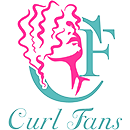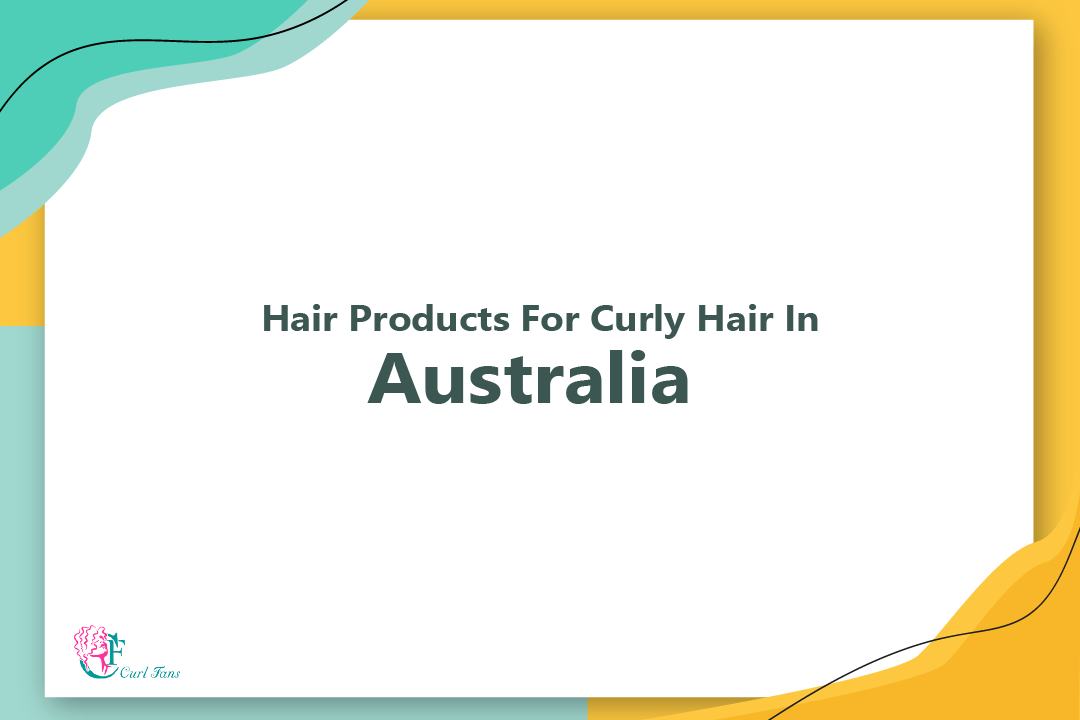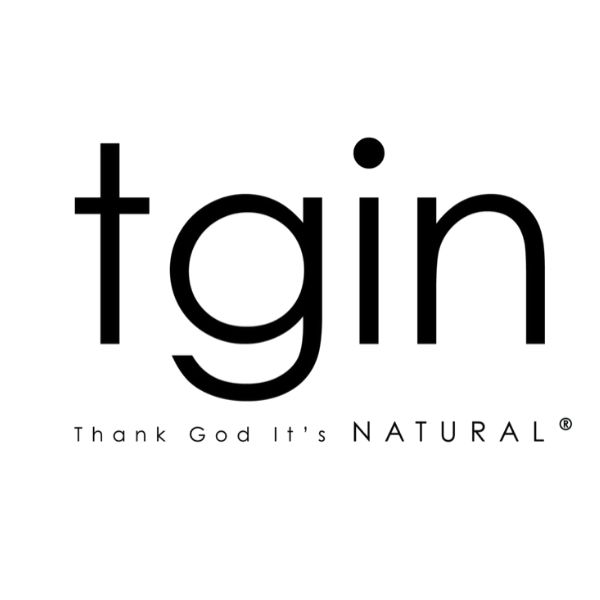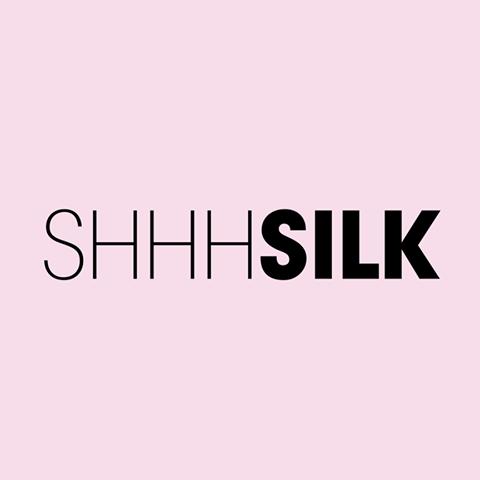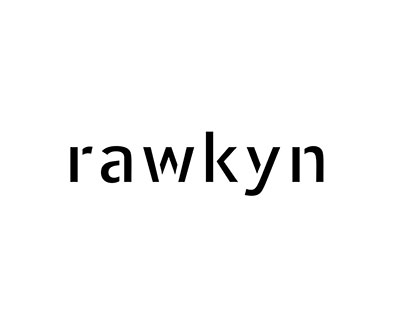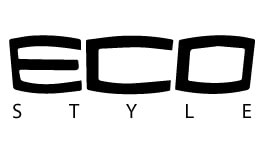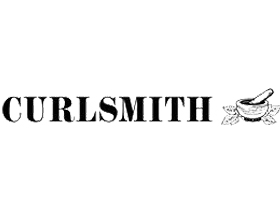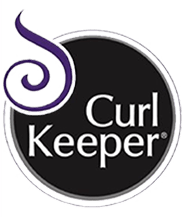If you’re looking for hair products for your curly hair in Australia, you’re at the right place with one of the most critical questions related to hair care. The weather can ruin even the best hair days! When we step out into a hot, sticky afternoon or a damp, foggy morning, our hair loses all recognizable shapes, expands to twice its normal size, and develops the texture of steel wool. Who hasn’t experienced that during their life? It would be smart if we could also justify our hair care routine based on the weather. The place where we travel or, more importantly, where we generally live significantly impacts our hair and scalp health and nourishment.
If you learn basic facts about humidity, humectants, and the dew point, you can select products that keep your curls looking their best in dry or humid weather. In this blog, we will discuss the different weather conditions with a special focus on introducing hair products for taking care of curly hair in Australia’s weather.
Humidity
You are all aware of the fluctuating moisture levels in our air and its effect on curly hair, especially those of you who use unsuitable hair products for curly hair while living in the northern section of Australia, which has more tropical-influenced weather, humid and hot during summers and warm and dry in the winter. Moisture content in the air can be described in various ways and using various calculations. Relative humidity and dew point are two of the most familiar weather indicators to us.
Relative Humidity:
The relative humidity is the ratio of the vapor pressure or vapor density (g/m3) of water in the air at a given temperature to its saturated vapor pressure. Water’s saturated vapor pressure changes significantly with temperature. Although the overall water content in the air remains unchanged, relative humidity changes as the temperature increases or decreases.
Dew Point:
The Dew point is the temperature at which the number of gaseous water molecules formed equals the number of liquid water molecules formed (Evaporation rate = condensation rate). At the dew point, the relative humidity is 100 percent. A decrease in temperature below the dew point causes water to condense out of the air, causing fog, dew, or clouds to form.
Accordingly, a higher dew point implies a higher water vapor concentration in the atmosphere, and a lower dew point indicates less moisture.
There is a common question among curlies about at which dew points humectants are helpful and desirable and at which dew points may be harmful and undesirable.
We need to learn more about humectants and anti-humectants to answer this question. In the following paragraphs, we will discuss these two topics.
Humectants:
Skin and hair-care products use humectants to retain moisture. In hygroscopic compounds, water is attracted from the atmosphere and encapsulated at various points throughout the molecule. Many products, particularly those designed for consumers with dry, damaged hair, contain these ingredients. Under certain circumstances, they can provide benefits, but it is crucial to understand how they work and under what circumstances they might not perform optimally. It is essential to consider how the weather affects your hair and the performance of humectants when deciding whether to use them. When placed in a humid environment, dry hair absorbs water quickly. Arid climates can cause unprotected hair to lose all its internal moisture and become very dry. When applied to the hair, humectants attract water from either the atmosphere or the hair, depending on which source is greater.
Anti-humectants:
An ingredient may be called an anti-humectant if it fulfills several requirements:
- Molecularly, it must not be hygroscopic, meaning that it must not attract water molecules to itself.
- To be water repellent, it must be insoluble in water. Consequently, it prevents moisture from entering the hair in a humid environment.
- The external cuticle layer of the skin is coated, flattened, and sealed with these ingredients.
Many formulations use silicones as anti-humectants. Not only do they provide excellent anti-humectant functions, but they also lubricate and shine hair very well. Another ingredient used in products designed to function well in high-humidity climates is esters (such as isopropyl palmitate). Additionally, hydrogenated castor oil, beeswax, and plant triglycerides such as coconut oil, palm oil, olive oil, and shea butter work well for this purpose.
How To Build A Routine With Suitable Hair Products For Curly Hair In Different Areas of Australia?
Molecules facing an area of lower concentration will move toward the area of lower concentration to achieve equilibrium where both areas have the same concentration. Dry hair exposed to a very humid environment will gradually become saturated with water molecules as they diffuse from the air (an area of higher concentration) into the hair (an area of lower concentration). Due to its porous nature, curly hair is particularly susceptible to this type of diffusion. Dry, unruly, flyaway, and frizzy hair may develop from exposure to very dry air without protection. In addition, it can become more prone to breakage and split ends. On the other hand, unprotected exposure to excessive moisture and humidity can cause the hair cortex to swell, causing the cuticle scales on the exterior of the hair shaft to become ruffled. There is no doubt that neither situation is ideal for your curls.
Choosing Hair Products For Curly Hair In Australia Based On Humidity:
Low Humidity
The humectant cannot attract water to the hair surface in extremely low-humidity conditions, such as cold, dry winter air. The best that most traditional humectants can do in this type of climate is to prevent water evaporation from the hair. As a result, the humectant could remove moisture from the hair cortex, creating the problem it intended to solve.
Because of this, it is critical to use conditioning products that rely on strong moisturizers instead of traditional humectants in dry climates.
JessiCurl Too Shea! Extra Moisturizing Conditioner
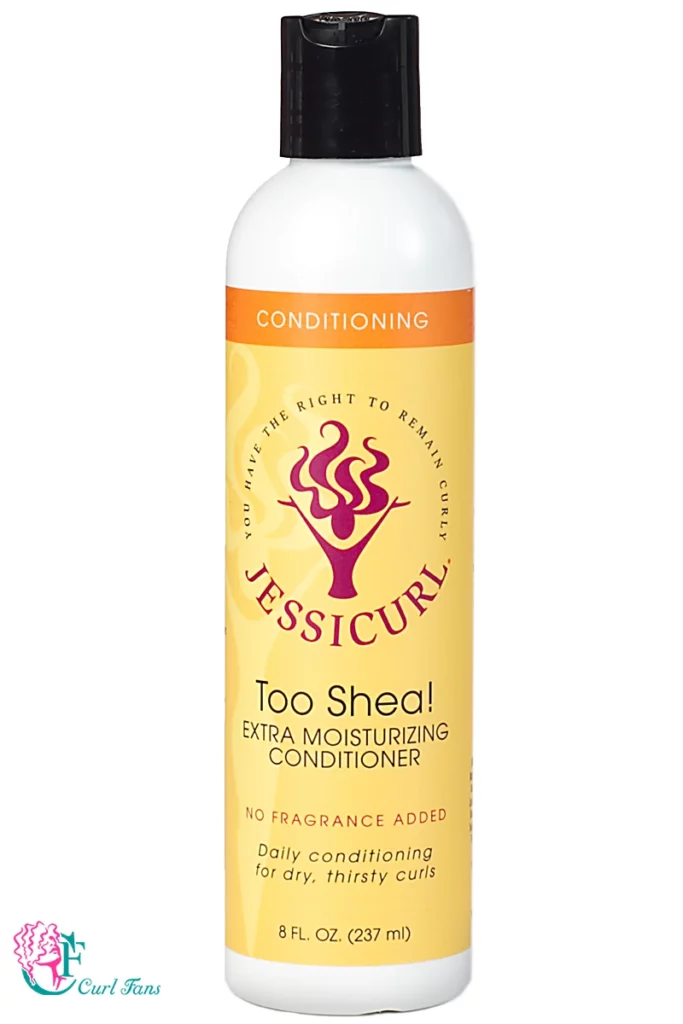
INAHSI Soothing Mint Moisturizing Conditioner
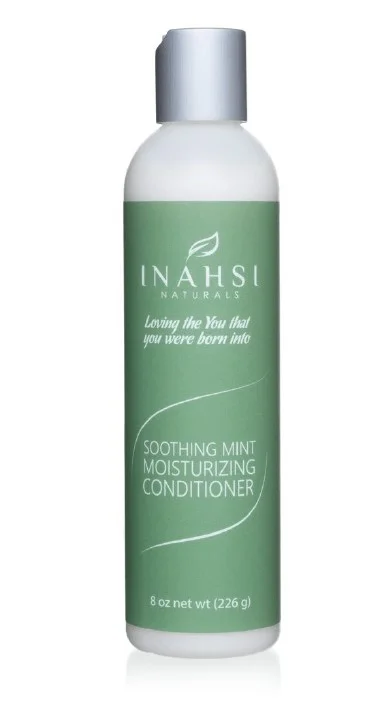
High Humidity
In humid conditions, such as summertime near the tropics, where the relative humidity can easily reach or exceed 90 percent during the day, there is a great deal of moisture in the air. Curly hair can suffer from this. When curly hair is damaged and dry, it is very porous and easily absorbs water from the air. High humidity in Australia can cause curly hair to swell so much that cuticles are raised, making the hair’s surface very rough. Cuticles of adjacent hairs can then become entangled with the cuticles of adjacent hairs, creating a huge, tangled mass that is prone to breaking. Also, curly hair that is swollen by excess water can lose its curl pattern, creating the dreaded summer frizz.
Products containing humectants will only worsen problems with humidity-induced frizz. Some of these humectants can also cause a sticky feeling when they become saturated with water. Therefore, in tropical and subtropical areas, it is critical to maintaining well-moisturized hair that is in good condition to make it less prone to taking water from the hair. But it is preferable to use products containing less humectants or humectants with less hygroscopic capacity.
Better to note that due to the limitations and issues of this ingredient in extreme climates, it is obvious that these ingredients probably function best for curly-haired consumers in moderate climates, with temperatures and humidity in the medium range.
Choosing Hair Products For Curly Hair In Australia Based On Dew Point:
Dew points below 35°F
Suppose the dew point is below 35°F or so. In that case, the moisture saturation in the air is sufficiently low that a humectant applied to your hair might draw the moisture out of your hair and bind it to itself. Thus in this climate, humectants can result in dry, fly-away hair, split ends, and broken strands. This effect can often be reimbursed by:
- Using plenty of moisturizing products.
- Avoid over-drying your hair (leave it damp after washing
- Layering leave-in conditioners with a humectant-containing styling product.
KINKY-CURLY Curling Custard
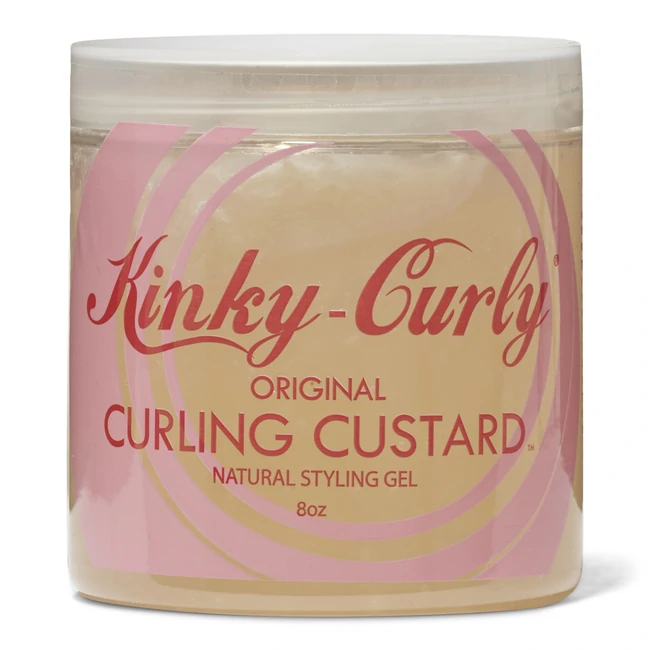
tgin Green Tea Super Moist Leave In Conditioner
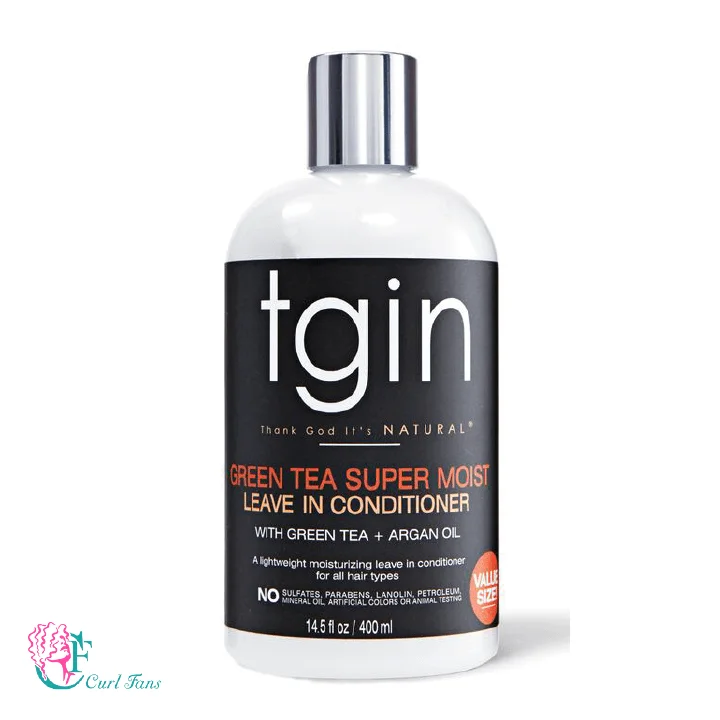
Dew points from 35°F to 60°F
Curly hair thrives in moderate climates, and dew point ranges of approximately 35°F to 50°F seem optimal for curly hair. In this weather, most curlies find that they can reach a suitable Condition by using products that contain humectants. There is just enough moisture in the air that the humectants can grab a little from the environment, enhancing the curl and creating a bouncy feeling to the hair.
Dew points of 60°F or above
When the dew point in an area is about 60°F or above, you might need to apply some anti-humectant products. Anti-humectant based products will seal the hair shaft, flatten the cuticle, and prevent atmospheric moisture from absorbing into your hair strands. To prevent frizz, use a strong hold gel such as Curl Defining Styling Souffle, which is enriched with Babassu and Shea to help you seal the moisture in your curls. The majority of these products will contain ingredients that are water insoluble. However, many of these products contain ingredients easily removed with an exceptionally mild shampoo or perhaps even a thorough conditioner wash.
CURLS – Blueberry Bliss Reparative Leave In Conditioner
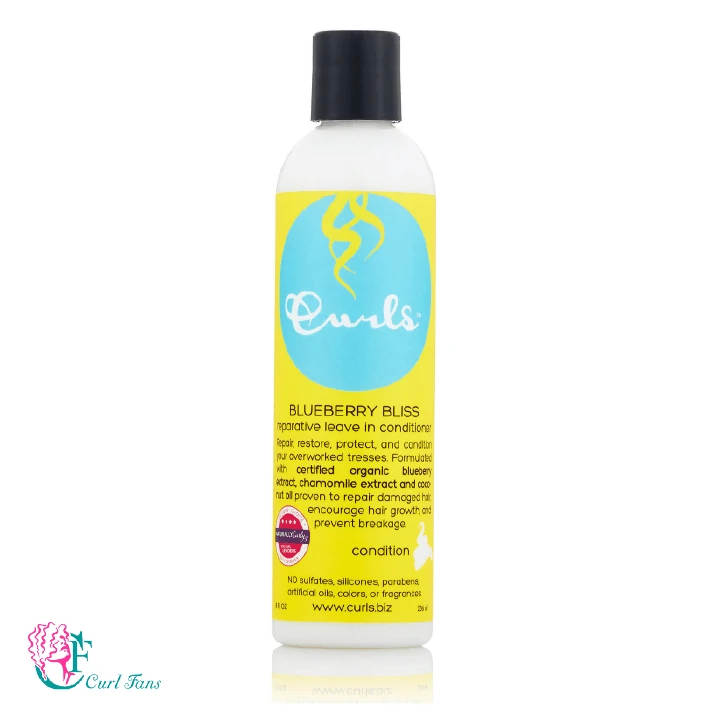
Curlsmith Curl Defining Styling Souffle
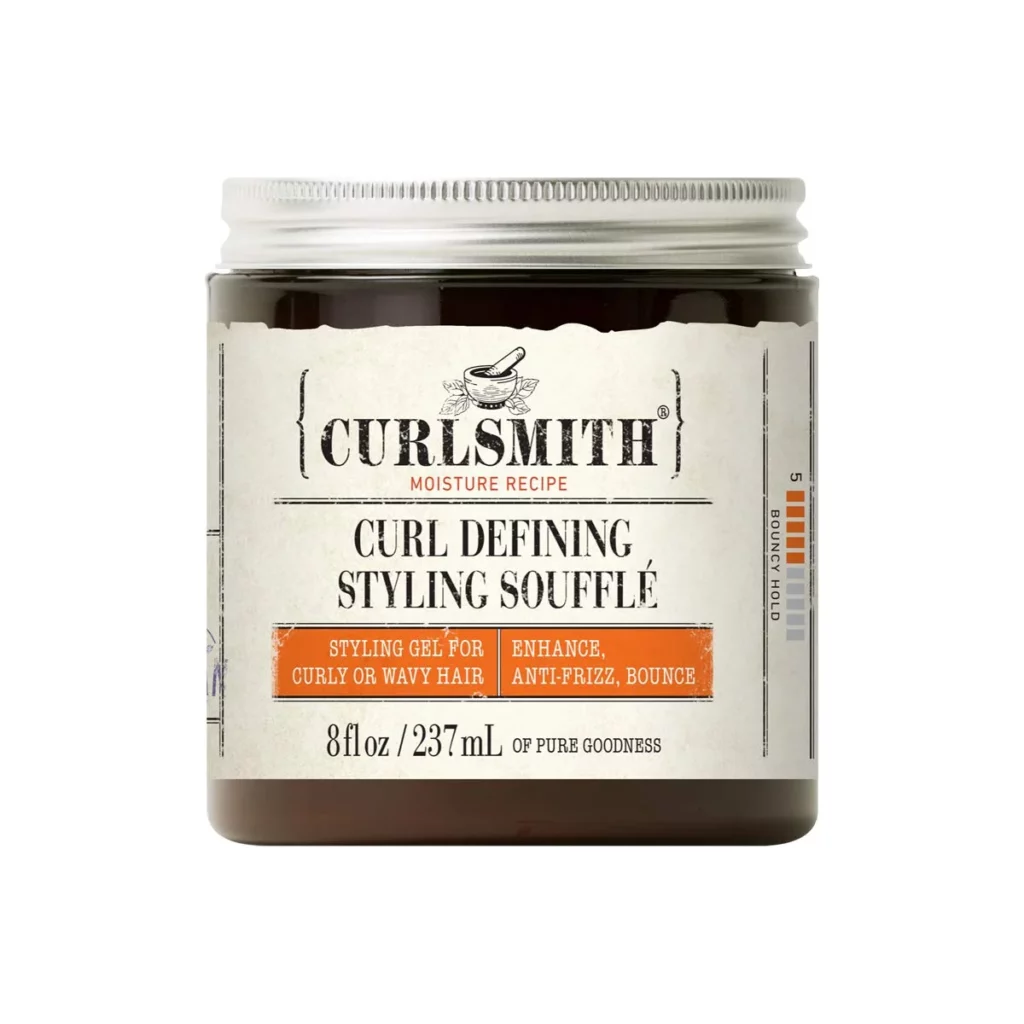
After it is applied, the Soufflé creates a slight “cast” on the curls, which traps moisture inside and gives definition. As the curls are drying, you may feel a slight hardness to the touch. However, once the curls have dried completely, you should gently scrunch the hair upward to break the cast and make the curls smooth and defined.
The critical factor to having the best curls in Australia or any other country with its specific weather is to have highly well-moisturized hair. This will stop your hair from losing too much moisture in dry weather and absorbing excess moisture in humid conditions. Also, the other important factor in maintaining your curls is the overall condition of your hair. Damaged hair will be more porous and thus more susceptible to climactic conditions. Smooth strands with a sealed, flat cuticle layer will be naturally more impervious to atmospheric conditions.
Have you ever tried to manage your hair product consumption for curly hair routine based on Australia’s climate conditions? Does it help with your curly hair health? Please share your experience with us in the comments.
